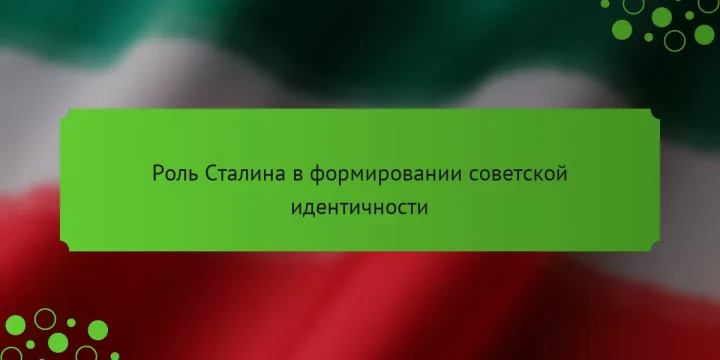
The October Revolution significantly influenced the modern political landscape of Russia by establishing a Soviet regime that transformed the country's political structure. It led to the creation of a single-party system, reinforcing authoritarian tendencies in governance. Contemporary Russia exhibits remnants of this political framework, particularly through a strong presidential authority reminiscent of Soviet management practices and the enduring impact of revolutionary ideology on state propaganda and political narratives. Additionally, the revolution shaped Russia's foreign policy approach, utilizing historical memory to bolster national identity, while also fostering contemporary movements advocating for social justice and anti-corruption, rooted in the revolutionary legacy. These ongoing political dynamics continue to define the country's political culture and institutional power. Как Октябрьская революция повлияла на современную политику России? Октябрьская революция оказала значительное влияние на современную политику России.…








